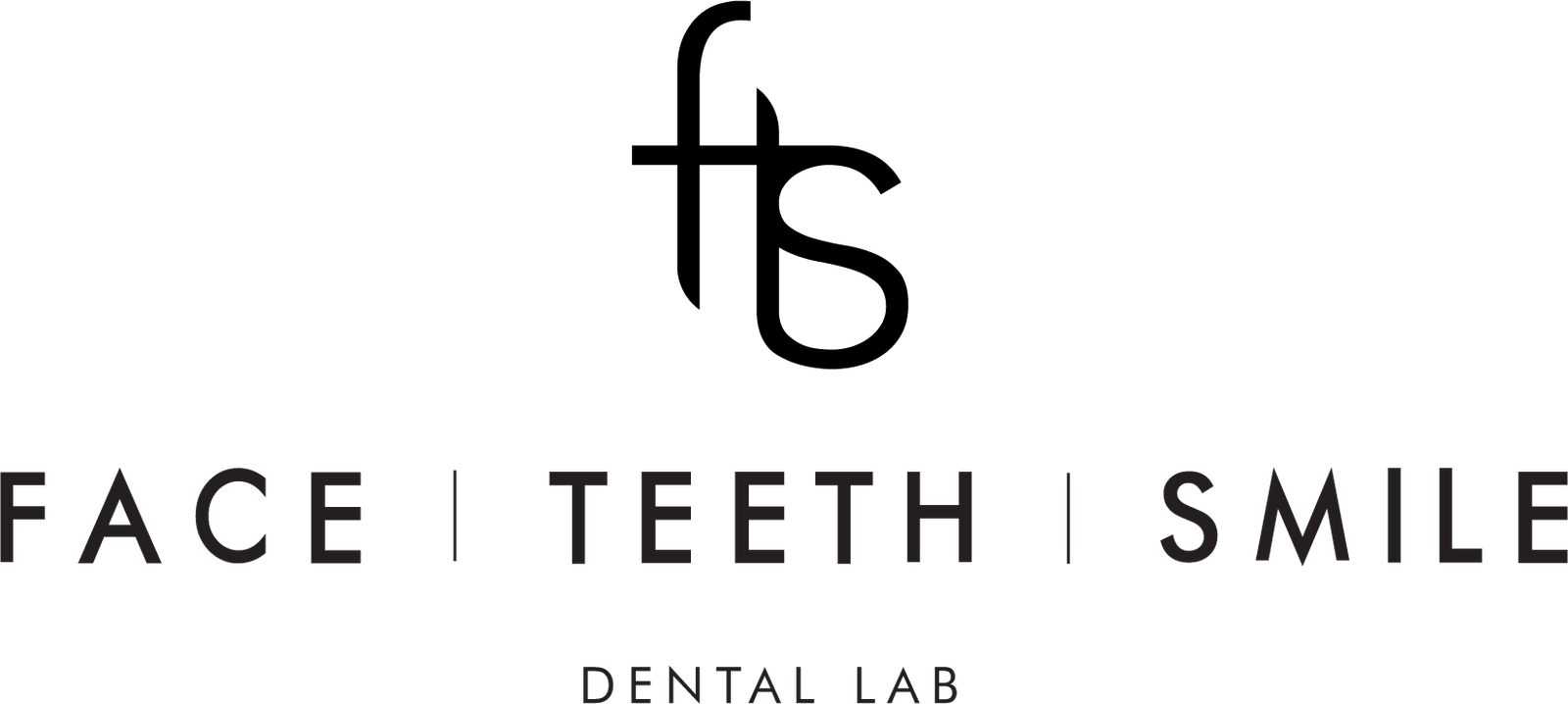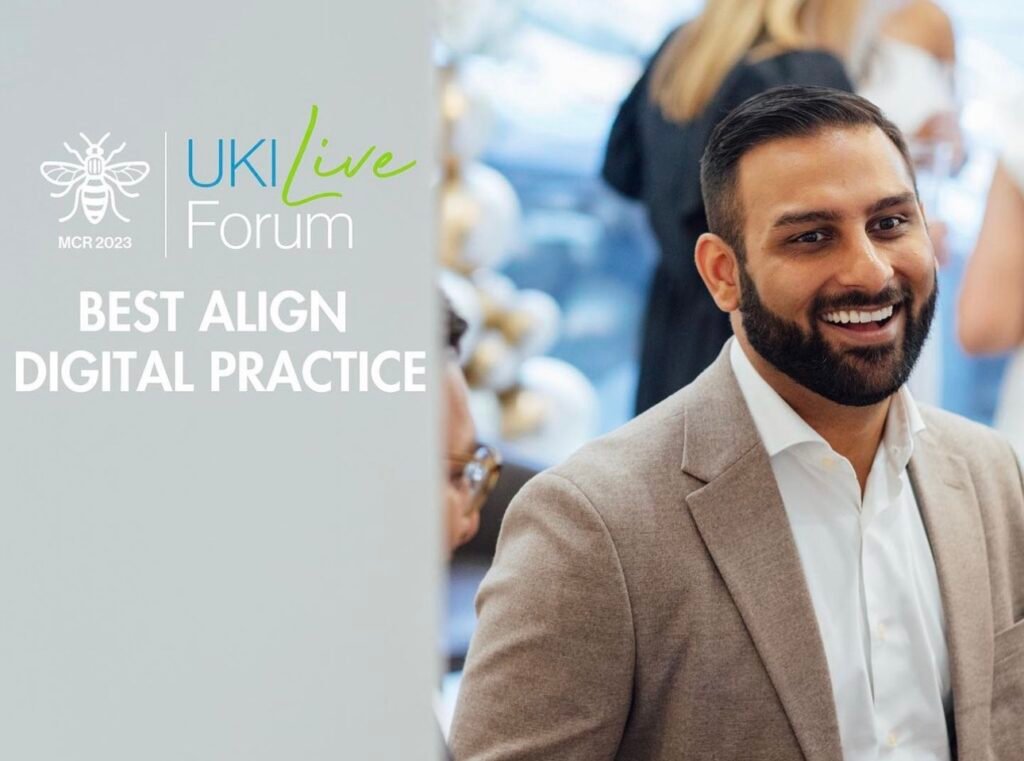From planning permission objections to sleek interiors, Dr Raj and Kiran Juneja – the owners of Face Teeth Smile – discuss the thinking behind their new clinic.
Tell us a bit about your journey into dentistry
Raj: My wife and I both graduated from Birmingham University. I got into it very early on. In year 10 I actually did my work experience at a dental practice – I completed one week there and one week in Superdrug.
Off the back of that, I started working as a part-time nurse in between studying – back then you could – and I loved it.
I think it was a perfect mixture because it brought science and art together.
Kiran: For me, it was between pharmacy, medicine or dentistry. I did work experience for all three and I just found that dentistry was better suited.
I think with this particular profession you can have so many hats – you can be a business owner, there’s a scientific element but also the creative side. So it’s a mixture of everything, really.
Raj: The first two years was very much theoretical. But as soon as the practical elements started, I think that’s when I really got into my own.
I went from ‘party Raj’ to serious ‘going-to-be-a-doctor Raj’. Dentistry is a bug and once you get hooked, you want to push the boundaries every day and keep learning and improving. It’s addictive.
Can you tell us the story behind Face Teeth Smile?
Raj: It’s a concept that Kiran actually started discussing it at university – I know it sounds cheesy.
We graduated together, and it’s something that we always were working towards very, very early on. Our ultimate aim was to open our own clinic. But what we wanted was a clinic that combines everything and has a holistic approach to our patients.
We wanted to offer quality dental treatments, facial aesthetics, cosmetic dentistry and general dentistry and combine it all. But at the same time making sure our patients almost felt that they were in a five-star hotel!
We enjoy travelling and, before opening the clinic, we used to go to hotels and pick up all these little tips. For example, I remember we were in Hong Kong and when they cleaned our room, the housekeeper used to fold up the cables and put little cable tie on our iPhone chargers.
So now we have that in the clinic!
We’ve tried to think about the whole patient experience – the look, the feel, the smell. It goes a long way and patients do notice. It’s often one of the first things they say to us, which is great and why we are able to grow very quickly.
What’s your mission?
Raj: Our key focus is anything and everything to be honest with you. It could be general dentistry, cosmetic dentistry (and that includes dental implants), facial aesthetics.
We basically are covering everything so we don’t need to refer anything out. Everything is done in-house, including our dental lab as well.
Have you experienced any obstacles and how did you overcome them?
Raj: I would say the biggest obstacle of them all was the actual building itself. When looking for a site, we wanted to make sure we were freeholders so that obviously narrowed down our search.
But at the same time, we also wanted to be very accessible, so we wanted to be on a High Street to have a really good footfall.
The building that we came across ticked a lot of boxes, however it was in disrepair. It needed a lot of work.
We brought in clever architects and interior designers who essentially carved out a dental practice and what we wanted to create and put that together. Sometimes when you acquire a dental clinic, it’s a little bit easier because the blueprints are already there and you’re just refurbishing.
But when you have a squat, it’s very hard because you have a blank canvas. You can literally do anything – which is exciting – but at the same time it’s an obstacle in itself because you don’t know what’s right and what’s wrong.
You’re taking a lot of advice from professionals and colleagues, and then putting it all together with your stamp on it.
Recruitment troubles
Another big obstacle was staffing and actually getting a team together. I know a lot of dentists are focusing on this at the moment because they’re finding it very difficult to find auxiliary staff or nurses.
While interviewing, I found nurses, receptionists and treatment coordinators were just very unhappy with how they had been treated in the past by their dentist. They almost felt like their job didn’t have a purpose.
So here, we really do try to give everyone a personal development plan or growth plan. They will always have progression and we will have meetings to see what direction they want to go in. We all have the same mindset – if the clinic wins, we all win. We say this in all of our meetings.
You employed a treatment coordinator. How has this helped grow the clinic?
Raj: I think as a clinician the most important and expensive part of everything that you do is your time.
Clinical time is so important and so valuable. If you break down your consultations and all the treatments that you’re doing, you’ll notice that during a lot of the consultation you’re actually explaining things that you shouldn’t be explaining. This might be the cost or what the patient can expect.
Sometimes, the patients just don’t feel comfortable and you actually end up firefighting all these questions. For example, ‘what’s the payment plan going to be?’ or ‘how do I set up my finance plan?’
If you have a treatment coordinator in place, who is well trained and who is equipped with the knowledge to answer some simple questions about the treatment, you’ll notice that where you were spending 45 minutes to an hour in clinic, you’re actually only spending half that time because you’re only focused on the clinical aspect.
Explaining and treatment planning can be handled by someone else, so it actually saves you a lot of time and makes a running of a clinic very, very efficient.
As we grow, we hope to have more treatment coordinators.
Minimises apprehension
Kiran: I also think it helps more with the customer experience with facial aesthetics. Patients can be very, very nervous and very apprehensive about the potential results.
Unfortunately, we do see bad results from unlicensed practitioners. There’s a lot of negative stigma around it so it helps fight that.
This includes the aftercare that a treatment coordinator can provide after the treatment and helping the patient to feel calm before they go into the surgery.
We also do treatments on our staff members as well, so patients know results can be natural.
What tips do you have for other young dentists who are looking to do something similar?
Raj: What I always advise is to always have the end goal in mind. If you’re someone who wants to wants to be a great associate – which is a great career pathway – then have that end goal in mind.
But if your goal is to own a clinic, then you know you have to put a lot of things in place. For example, building up a social media presence, building up marketing for yourself as a clinician. That’s really, really important.
When you open a squat clinic, what was in Kiran and I’s favour is that we were recognised as clinicians. We had a social media presence, so a lot of the patients were able to recognise who we were and were able to see the journey. They were then obviously able to come across to the clinic as well, which was really, really beneficial.
But above all, if I’m honest, is that you can have a great clinic. If you’re not good clinically and you can’t deliver results, there’s no cutting corners.
Kiran and I were very, very determined that we were going to first master our art and skills and then take that step.
Now, I’m not worried if a patient comes in with a broken tooth in an emergency. Rewind five years, and it may be a different story.
Also go on as many courses as you can try and practise on as many patients as you can as well. It’s all about self development.
‘We are not each other’s competition’
In addition, a lot of people are worried that with so many squat clinics opening, is it actually viable? Is it going to jeopardise their established clinics?
I had two objections to my planning permission and both were the two local dentists in the area.
Firstly, that shows me that where we were opening is exactly where we should be opening. Secondly, if an established clinic is worried about a clinic that has zero patients, something is obviously going wrong.
We are not each other’s competition. We need to think bigger – our competition is all the other things that our patients could be doing apart from improving their oral health and their overall appearance.
Essentially, we need to show our patients why the treatment we’re offering is a far better investment than something else that they’re doing.
Looking to the future now, what are your plans?
Raj: Our main plan is to grow the clinic, grow the business. We want to continue to serve our patients and deliver great results.
We’ve spent a lot of time on it and we’re in the clinic six or seven days a week. We are working very, very hard. Now it’s about building our team, mentoring the other dentists who have joined us and continuing to grow our brand and our clinic.
I think after a while it’s more important for us to focus on our team, rather than ourselves personally, because that’s the only way our clinic our brand will grow.


